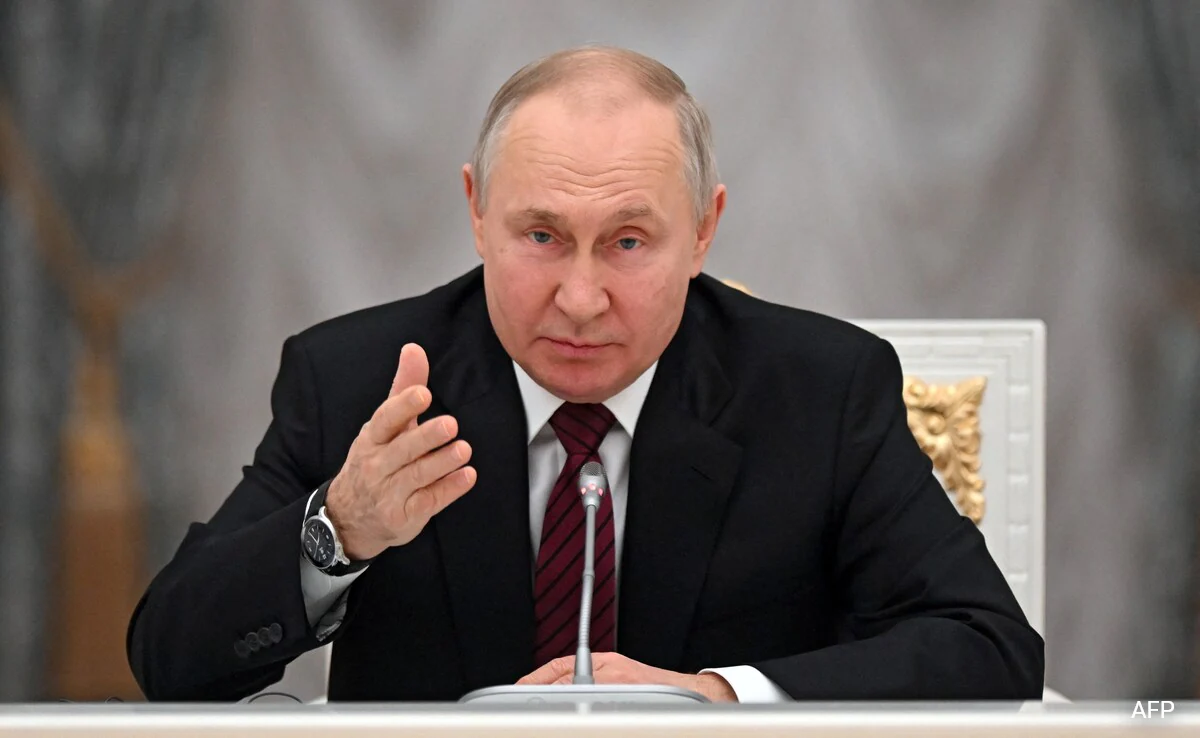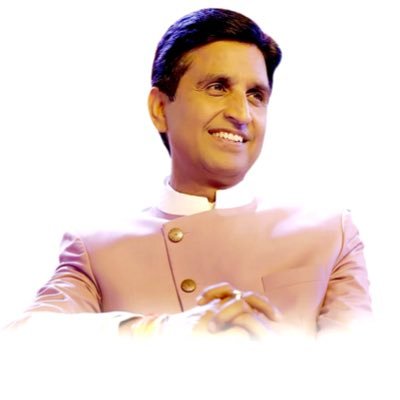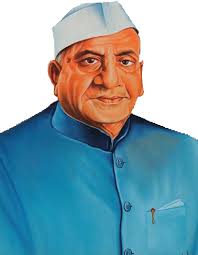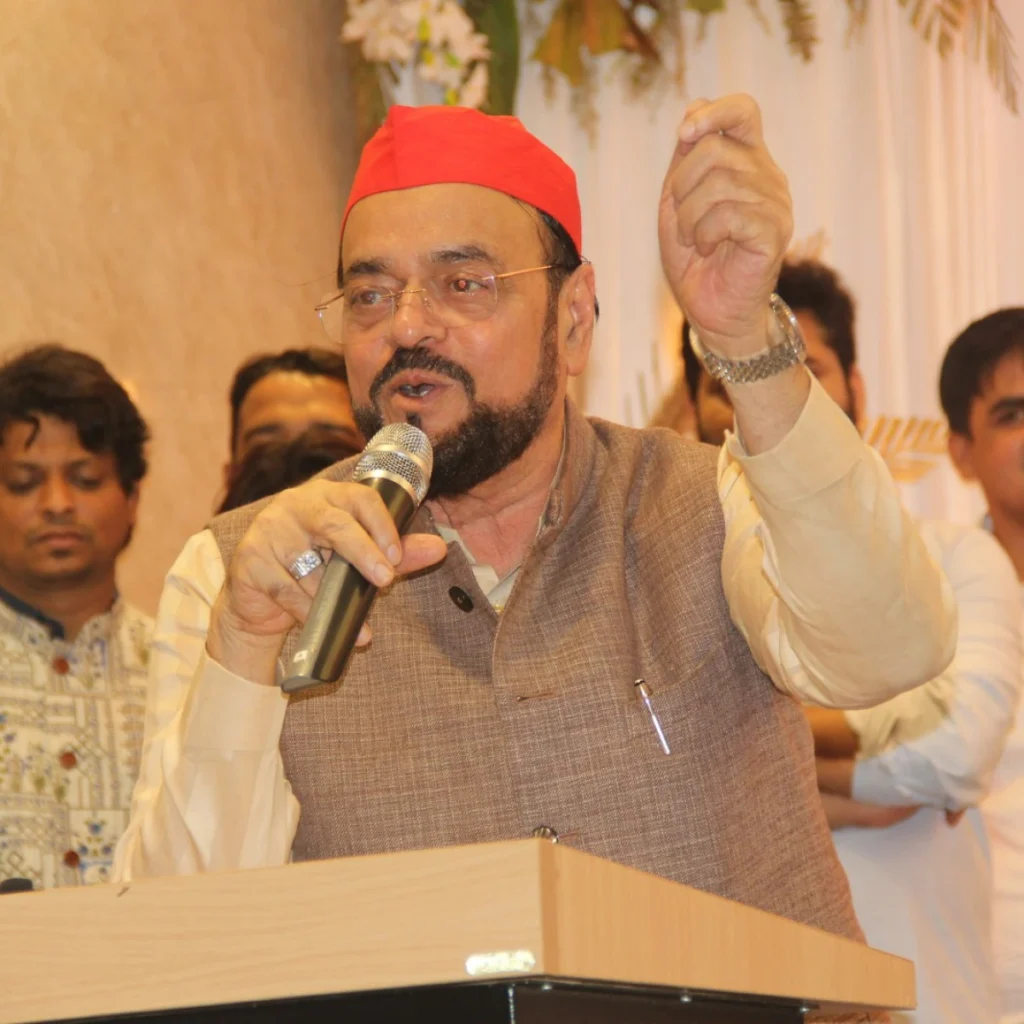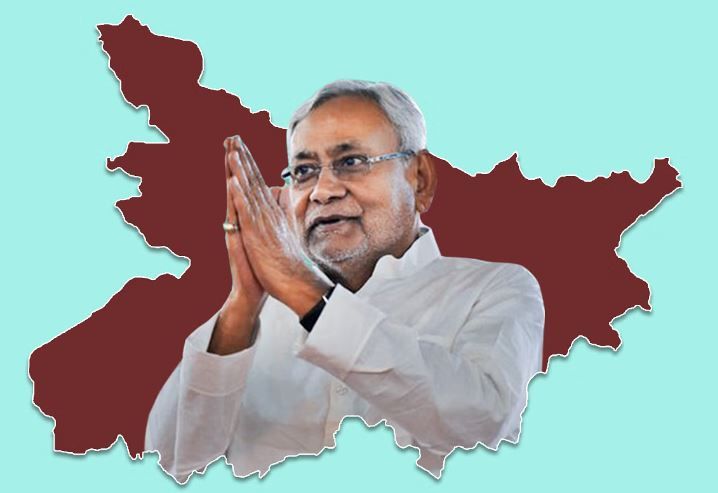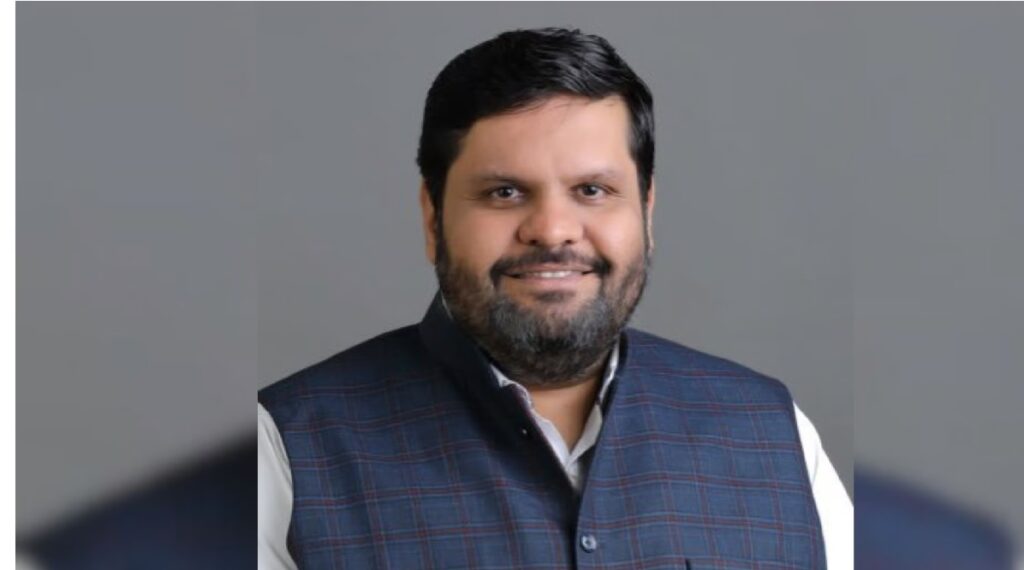Introduction:
Vladimir Putin, the President of Russia, is a figure who has loomed large not only in Russian politics but also on the global stage for over two decades. His leadership style, policies, and impact on Russia’s domestic and international affairs have been subjects of intense scrutiny and analysis. This article aims to delve into Vladimir Putin’s journey, exploring his rise to power, leadership style, achievements, controversies, and his enduring influence on Russian politics.
Early Life and Career:
Vladimir Vladimirovich Putin was born on October 7, 1952, in Leningrad (now Saint Petersburg), Soviet Union. Growing up in post-World War II Soviet Russia, Putin experienced the hardships and challenges faced by many families during that era. His father was a conscript in the Soviet Navy, while his mother worked in a factory.
Putin showed an early interest in martial arts, particularly judo, which he pursued with dedication and eventually achieved a black belt. This discipline and focus would later manifest in his political career. He also displayed academic prowess, graduating from Leningrad State University with a degree in law in 1975.
Putin’s early career was in the Soviet security apparatus, working for the KGB (Committee for State Security). His postings included stints in East Germany, where he witnessed the fall of the Berlin Wall and the collapse of Soviet influence in Eastern Europe. These experiences shaped his worldview and approach to governance.
Rise to Power:
Putin’s entry into mainstream Russian politics came in the 1990s when he served in various administrative roles in Saint Petersburg. His association with Anatoly Sobchak, the city’s mayor at the time, provided him with opportunities to learn about governance and build crucial connections.
In 1999, Boris Yeltsin, then President of Russia, appointed Putin as Prime Minister. This move set the stage for Putin’s rapid ascent to power. When Yeltsin unexpectedly resigned on December 31, 1999, Putin became the Acting President. He won the presidential election in March 2000, marking the beginning of his presidency and a new era in Russian politics.
Leadership Style:
Vladimir Putin’s leadership style is often characterized by a strong centralization of power, pragmatism, and assertiveness in pursuing national interests. He is known for his meticulous attention to detail, strategic thinking, and a preference for decisive action.
Putin’s years in the KGB and his experiences during the tumultuous period of post-Soviet Russia shaped his views on governance and security. He prioritized restoring stability and order in Russia, especially after the economic and political turmoil of the 1990s.
One of Putin’s key strategies has been to consolidate power within the presidency and strengthen the executive branch. He implemented reforms to centralize authority, streamline decision-making processes, and exert control over key sectors such as energy, media, and security.
Achievements and Policies:
During Putin’s tenure, Russia experienced significant economic growth and stability, fueled by rising oil and gas revenues during the early 2000s. His administration focused on fiscal discipline, tax reforms, and attracting foreign investment, leading to a period of relative prosperity.
Putin’s policies also emphasized strengthening Russia’s role as a global player. He pursued closer ties with former Soviet republics through initiatives like the Eurasian Economic Union (EEU) and sought to restore Russia’s influence in regions like the Middle East and Central Asia.
In terms of domestic policies, Putin implemented reforms aimed at modernizing Russia’s infrastructure, education system, and healthcare. His government promoted a conservative social agenda, emphasizing traditional values and national pride.
Controversies and Criticisms:
Despite his popularity among many Russians, Vladimir Putin’s leadership has also been marred by controversies, both domestically and internationally. Critics accuse his administration of centralizing power at the expense of democratic institutions, limiting political freedoms, and suppressing dissenting voices.
The annexation of Crimea in 2014, following a controversial referendum, sparked international condemnation and strained Russia’s relations with Western countries. Putin’s support for separatist movements in Eastern Ukraine further exacerbated tensions with the West, leading to sanctions and diplomatic standoffs.
Internally, Putin’s government has faced allegations of corruption, lack of transparency, and human rights abuses. The crackdown on independent media, political opponents, and civil society organizations has raised concerns about democratic backsliding in Russia.
Enduring Influence and Legacy:
Despite challenges and criticisms, Vladimir Putin’s influence on Russian politics remains formidable. His ability to navigate complex geopolitical dynamics, maintain stability amid external pressures, and project Russian power globally has solidified his status as a dominant political figure.
Putin’s supporters credit him with restoring Russia’s pride and assertiveness on the world stage, standing up to perceived Western encroachments, and promoting stability at home. His leadership style, characterized by a strongman image and nationalist rhetoric, resonates with many Russians who value stability and order.
As Putin’s presidency continues, questions arise about succession plans, democratic reforms, and Russia’s trajectory in a rapidly changing global landscape. Putin’s legacy will be defined by his achievements, controversies, and the lasting impact of his leadership on Russia’s future path.
Conclusion:
Vladimir Putin’s journey from a KGB officer to President of Russia reflects the complexities and nuances of post-Soviet Russian politics. His leadership style, policies, achievements, controversies, and enduring influence underscore the multifaceted nature of his presidency.
As Russia navigates geopolitical challenges, economic shifts, and internal dynamics, the role of leaders like Putin in shaping the country’s trajectory remains crucial. The legacy of Putin’s presidency will continue to shape Russia’s domestic landscape and its position in global affairs for years to come.

